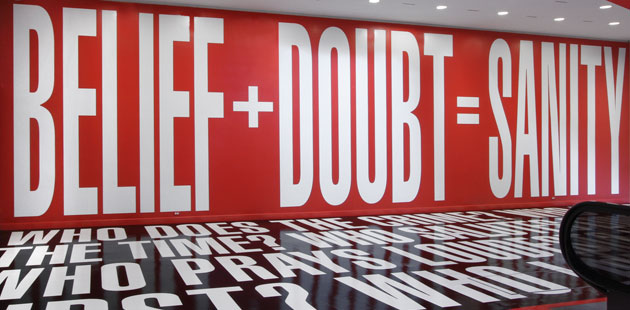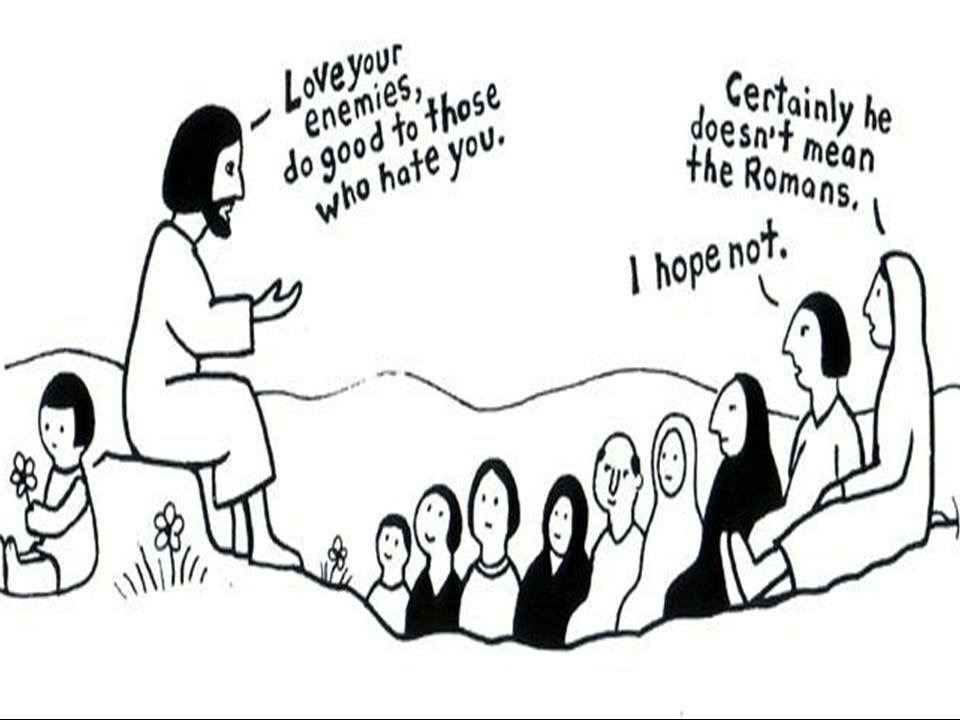I recently finished reading Armand Mauss's memoir, "Shifting Borders and a Tattered Passport: Intellectual Journeys of a Mormon Academic". Aside from a few areas where I'm more liberal minded, I often felt throughout the book that he and I are kindred spirits. He offers a really healthy, candid, and refreshing perspective. This excerpt is the final two paragraphs of the book:
So it is that I have continued to value my membership in the LDS church...and to give it my voluntary loyalty, even when I have believed church policies to be in error in certain respects and even on several occasions when I have felt personally offended. Well into my ninth decade of life, I have felt no more inclination to leave the church than I have felt to leave the nation, though, as I said, I have become disenchanted or disenthralled. Yet – and this is important – it has been precisely my disenchantment that has inoculated me against disillusionment, because of the concomitant reductions in my expectations. That is, an understanding of the church and its leaders as human and mortal has kept me from holding out unrealistic expectations for their performance. This has left me free to offer them my own support, loyalty, respect, and appreciation as fellow laborers in the vineyard, but not as contingent on an inerrant execution of their duties.
When I have been critical of church policies, practices, or leaders, this kind of emotional detachment has also left me free to express myself, in fair and respectful terms, without an accompanying anger that might have led to my departure from the church. During those occasions, described in chapter 9, when I was called in by leaders for interviews about my publications, I was able to arrive without indignation, because I had long since learned to see the church as an impersonal bureaucracy, with the local leaders simply doing their best to cope with unpleasant responsibilities sometimes imposed on them by their roles. I entered these interviews expecting to be treated fairly. I was prepared to hear and consider criticism, but I was never obsequious. I saw my relationship to the church as separate from my relationship with Deity, so that if I were to be unfairly treated or disciplined by church leaders, I could count on Deity eventually to make things right. In these respects, I guess one could say that I have always tried to look on the church and its leaders with faith, hope, and charity, even while keeping my expectations modest. I suspect they might say the same about me.











